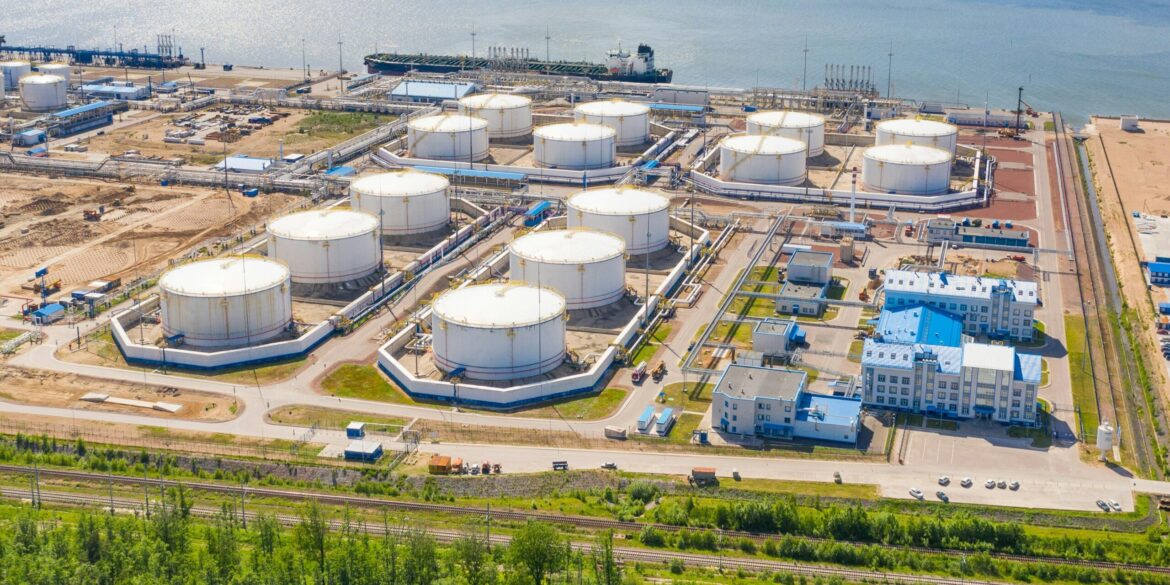On July 5, 2025, President Donald Trump announced a sweeping tariff initiative, signaling a significant shift in U.S. trade policy. The administration plans to impose unilateral tariffs ranging from 10% to 70% on select imports from countries continuing to purchase Russian oil, notably China and India. These measures are set to take effect on August 1, following notification letters dispatched to the affected nations.
The move aims to exert economic pressure on countries maintaining energy ties with Russia amid its ongoing conflict in Ukraine. By targeting nations that bolster Russia’s oil revenue, the U.S. seeks to undermine Moscow’s financial capacity to sustain its military operations.
President Trump emphasized the urgency of the situation, stating, “We’re giving them a bargain. It’s time they stop fueling Putin’s war machine.” The administration’s strategy involves categorizing trading partners based on their negotiation progress, granting more favorable terms to those with preliminary deals.
In response to the impending tariffs, India has significantly increased its oil imports from the United States, aiming to balance its trade and mitigate potential economic repercussions. Official data indicates a substantial reduction in India’s crude imports from Russia, Saudi Arabia, and Iraq, coupled with a notable surge in U.S. oil purchases.
The European Union, facing the prospect of increased tariffs, is actively seeking to finalize a trade agreement with the U.S. before the July 9 deadline. EU officials have indicated progress in negotiations, aiming to preserve existing tariff rates and avoid further economic strain.
Domestically, the tariff initiative has garnered support among President Trump’s voter base. A recent poll conducted by the Vandenberg Coalition reveals that a significant majority—77%—of Trump voters consider Russia a threat, with 75% supporting increased economic sanctions. Furthermore, 70% believe it’s vital to prevent further Russian aggression in Europe.
However, the aggressive tariff policy has raised concerns among economists and industry leaders. Critics warn of potential inflationary effects and disruptions to global supply chains, emphasizing the need for careful consideration of the broader economic implications.
As the August 1 implementation date approaches, the international community watches closely, anticipating the potential ramifications of the U.S.’s assertive trade stance. The effectiveness of these tariffs in altering the behavior of targeted nations remains to be seen, as diplomatic negotiations continue amidst a complex geopolitical landscape.

